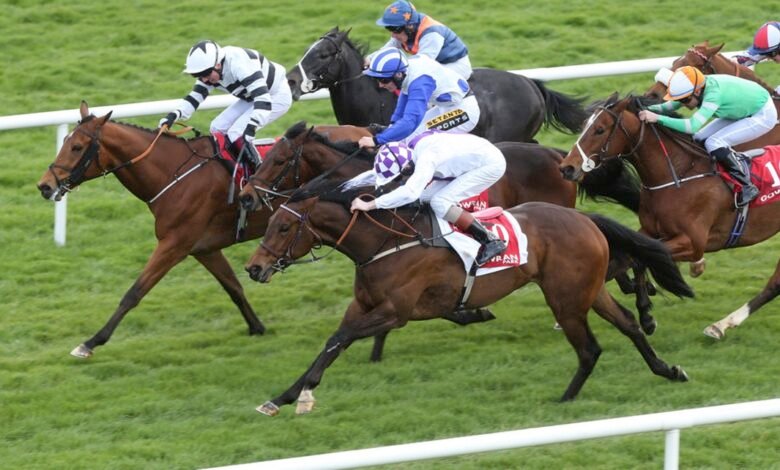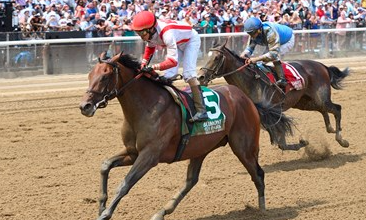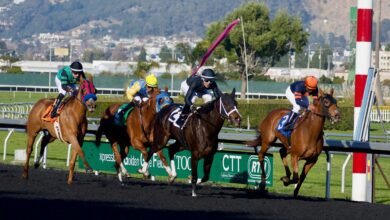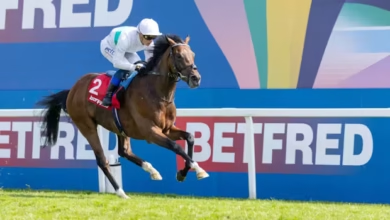The Financial Importance of Jockeys and Trainers in Horse Racing

In horse racing, jockeys and trainers serve as critical financial architects. Their decisions directly influence race outcomes, which, in turn, dictate earnings from winnings and sponsorships. Trainers shape horse performance through tailored regimens, while jockeys employ strategies that can alter race trajectories. This dynamic not only maximizes immediate financial gains but also affects long-term breeding and sales strategies. The interplay between these roles raises questions about their collective impact on the industry’s economic viability.
The Role of Jockeys in Race Outcomes
The influence of jockeys on race outcomes cannot be overstated, as their strategic decisions and riding techniques play a pivotal role in the performance of the horse.
Jockey skills, including timing, positioning, and communication with the horse, directly impact race strategy. Effective jockeys analyze competitors and track conditions, making split-second choices that can determine victory or defeat, ultimately influencing financial stakes in horse racing.
See also: The Evolution of Horse Racing Financial Models
The Impact of Trainers on Horse Performance
Jockeys significantly influence race outcomes, yet the foundation of a horse’s performance lies in the hands of its trainer.
Effective trainer strategies, such as tailored conditioning and meticulous training regimens, directly impact performance metrics.
By analyzing a horse’s strengths and weaknesses, trainers optimize race preparation, ultimately enhancing the horse’s competitiveness.
Thus, trainers play a critical role in shaping the potential success of their equine athletes.
Financial Stake: Earnings and Revenue Generation
Earnings in horse racing represent a complex interplay of talent, strategy, and market dynamics.
The distribution of earnings significantly influences trainers and jockeys, as their financial success hinges on various revenue streams, including race winnings, sponsorships, and performance bonuses.
Understanding this financial landscape is crucial for stakeholders seeking to optimize their investments and ensure sustainable growth within the competitive realm of horse racing.
Influence on Breeding and Horse Sales
While the success of a horse in competitions often garners immediate attention, the influence of jockeys and trainers extends far beyond the racetrack, significantly shaping the breeding and sales landscape of the industry.
Their expertise informs breeding strategies that prioritize desirable traits, while their sales tactics determine market value.
Thus, their roles are crucial in maximizing financial returns for owners and investors alike.
Conclusion
In the grand tapestry of horse racing, jockeys and trainers are the skilled weavers, threading together talent and strategy to craft remarkable narratives of victory. Their expertise not only shapes the immediate fortunes of races—like rivers flowing into a vast ocean of financial opportunity—but also sows the seeds for future generations, influencing breeding and sales. Ultimately, their roles are akin to masterful artists, painting a dynamic economic landscape where every brushstroke resonates with significance, ensuring the industry thrives.




